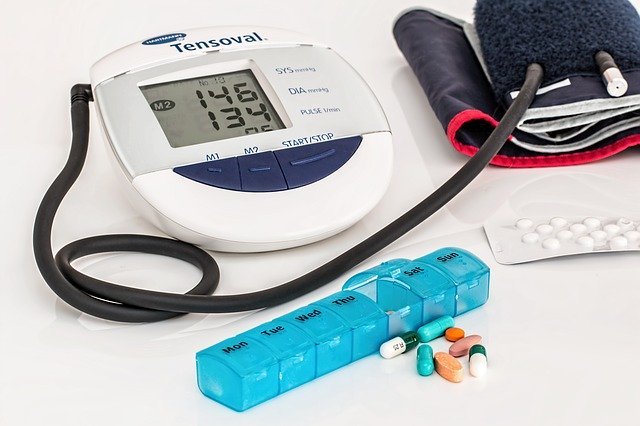
Added sugar is commonly found in ice cream, cookies, cakes, pastries, sodas, and other sugary drinks.
Previous research has shown that added sugar is a prime suspect in health problems such as diabetes and obesity. It is a growing topic of interest in heart disease, too.
In a recent study from the University of Delaware, researchers found that added sugar in daily diet is strongly linked to high blood pressure in older women.
On the contrary, eating the whole fruit is linked to a reduction in blood pressure for both men and women.
The study is published in Nutrients. One author is UD’s Sheau Ching Chai, assistant professor of behavioral health and nutrition.
Two-thirds of Americans 65 years old and older have hypertension—high blood pressure—which increases the risk of heart disease and kidney disease.
In 2014, 653 million hypertension-related prescriptions were written at a cost of more than $28 billion.
In the study, the team examined the influence of food groups and added sugar in the diet on blood pressure levels. It did not look at the effect of sugar substitutes.
The major types of added sugar consumed in this population are sucrose (table sugar), glucose (found in candy, sports drinks, and desserts) and fructose (fruit sugar and a major source of added sugar in the form of high-fructose corn syrup).
They examined 128 people ranging from 65 to 80 years old and found a strong link between added sugar and an increase in systolic and diastolic pressures—the pressure as the heartbeats and the pressure between beats, respectively, in the older women.
They also found that eating whole fruit was linked to reductions in pressure between heartbeats (diastolic).
The team says there is a big difference in the way each is metabolized in the body and fructose, in particular, may contribute more to raising blood pressure than other types.
They suggest people skip the added sugar and eat whole fruit so that they may have a lower risk for blood-sugar spikes and potential reductions in blood pressure levels.
Copyright © 2019 Knowridge Science Report. All rights reserved.



